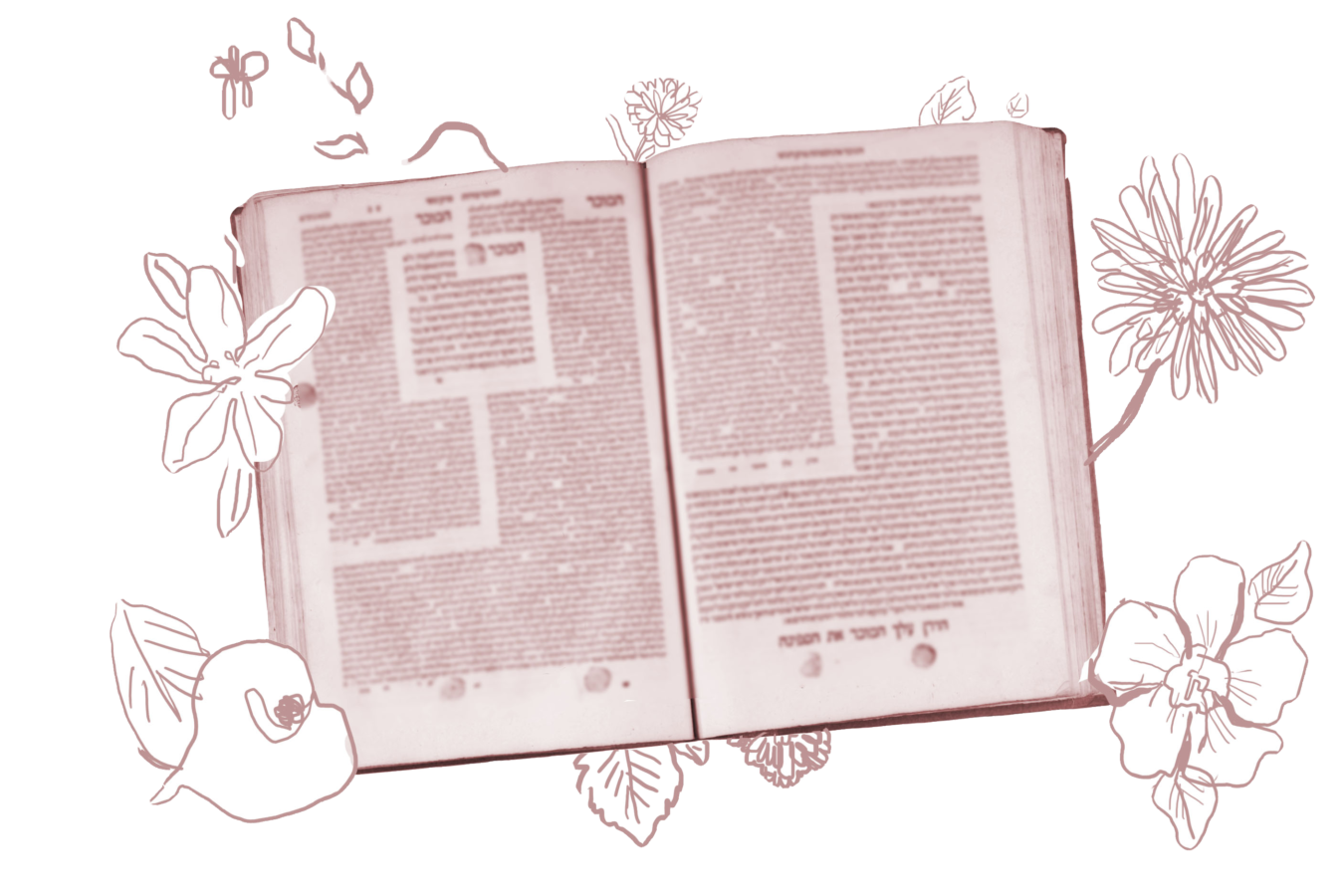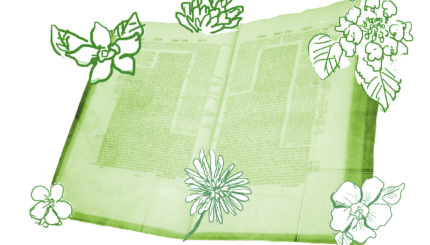Outside the Land of Israel, Jews are commanded to observe an extra day for every festival. The idea was that certain communities couldn’t know exactly which day the holiday fell, so they would celebrate it for two days to ensure they celebrated on the right day. You might suppose, therefore, that both days would need to have the same level of sanctity, since we don’t know which is the “real” festival day. But it turns out that the rabbis didn’t see it that way.
Rava said: If one died on the first day of a festival, non-Jews should attend to his burial. If he died on the second day of a festival, Jews should attend to his burial.
Rava argues that there is a difference between the first and second days of the holiday in terms of whether or not Jews can bury the dead — the sanctity of the first day prohibits Jews from attending to the burial, but the second day has an apparently lesser degree of sanctity which permits Jews to bury their dead.
The Gemara then records a dispute over which circumstances would actually allow Jews to bury the dead on the second day of the holiday:
Mar Zutra said: We said that Jews should attend to the dead on the second day of the holiday only when the burial of the body has already been delayed. However, if the burial has not been delayed, we delay it.
For Mar Zutra, the second day of a holiday is similar enough that — ideally — the same prohibitions that apply on the first day would apply on the second. Mar Zutra seems to think that only the concern of immediate decomposition overrides the sanctity of the second day of a holiday. In a world without refrigeration, waiting multiple days to bury someone could lead to serious decay, which degraded the deceased person’s dignity (and as we know today, could also spread disease). But where decay isn’t a concern, Mar Zutra takes a more stringent stand than Rava: Both days are sacred enough to prohibit burial by Jews.
Rav Ashi then contradicts Mar Zutra:
Even though the burial was not delayed, we still do not delay the burial. What is the reason for this? With regard to the dead, the sages equated the legal status of the second festival day with that of a weekday — even to cut material to fashion a cloak for the deceased and to cut myrtles for the deceased.
Rav Ashi thinks that regardless of whether decomposition is a risk, the deceased is buried — by Jews — on the second day of a holiday, upholding Rava’s statement. Rav Ashi explicitly argues that there is a profound difference between the first and second day of the holiday, one which actually turns the second day into an ordinary work day, at least when it comes to issues of burial.
So what do we actually do on the second day of the holiday? Ravina concludes the discussion by conceding that Rav Ashi is technically halakhically correct, but mandates that Jews do not bury their dead on the second day anymore because:
Nowadays, there are Zoroastrian priests and we are concerned.
Ravina is concerned that foreign officials will not understand the nuances and distinctions in the observance of Jewish law, and will form judgements about Jews and Jewish practice as a result of their misunderstanding. If the Zoroastrian priests think that Jews don’t follow their own laws stringently, they will judge Jews negatively. They might also think that Jewish tradition is negotiable, and so require Jews to transgress it! To prevent this, he mandates that on both days Jews may not bury their dead.
On the face of it, Ravina’s statement seems to paint a really hostile portrait of interfaith relations in Babylonia, with nosy and judgmental non-Jews constantly on the lookout for alleged Jewish hypocrisy. But a closer look at this passage complicates this picture. After all, going back to the original statement from Rava which kicked off this discussion, if Jews are prohibited from burying their dead on the second day of the holiday, but we know that decomposition is a real threat, who is supposed to do the burying? Non-Jews! Who is it that is in charge of upholding the dignity of Jews who have passed away on holidays? Non-Jews! Today’s daf depicts a complicated web of relationships between Jews and the other people of Babylonia, some fraught and others supportive and collaborative.
Read all of Beitzah 6 on Sefaria.
This piece originally appeared in a My Jewish Learning Daf Yomi email newsletter sent on September 6th, 2021. If you are interested in receiving the newsletter, sign up here.



